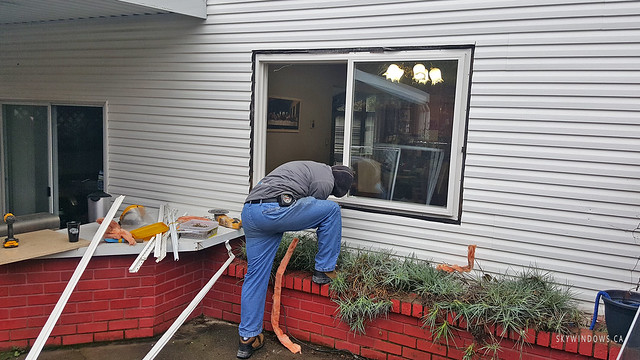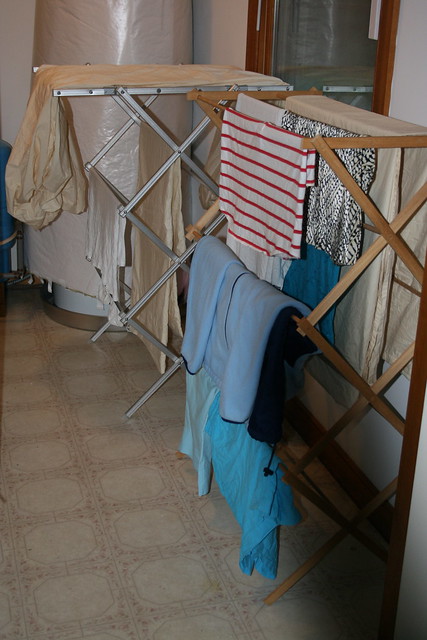Boost Furniture Sales With Customized Furniture
Getting high-quality furniture at an affordable price can be difficult. Many customers are willing to pay more for customization options.
Communicating the value of your custom furniture helps customers understand why it may seem expensive. For example, a portfolio of photographs shows craftsmanship and skill and can help justify the cost.
Increased Customer Satisfaction
Furniture is a high-ticket purchase, so customers are typically invested in finding pieces that fit their style and space. As a result, the ability to configure and customize products online is a key factor that influences purchase decisions.
Deloitte research indicates 42% of consumers prefer to buy furniture from companies that allow them to personalize the product before purchasing. In addition customized furniture sales to enhancing the overall buyer journey, personalized offerings also help businesses reduce returns and customer dissatisfaction.
By implementing customization capabilities in their online storefronts, Heal’s saw an increase in sales for both sofas and beds. In order to provide a seamless experience for customers, the company uses 3D technology that allows users to view and interact with different configurations of their desired pieces. This way, shoppers can feel confident that they’re buying the right piece for their home or office.
Furthermore, by using real-time personalization, furniture retailers can offer personalized upselling and cross-selling opportunities to website visitors based on their browsing history, preferences, and purchase behavior. This results in a highly targeted and relevant digital shopping experience that increases conversions and revenue. In addition, referral programs can be used to generate a steady stream of new and qualified leads. These leads have a higher probability of purchasing custom furniture, increasing revenue and profitability.
Enhanced Online Shopping Experience
Online furniture shopping is a huge trend that’s taking hold in the industry. With the right CGI services, furniture retailers can give their customers an immersive and interactive experience that’s similar to visiting a showroom. This helps to make the process less confusing and intimidating for consumers who are new to furniture shopping and can increase their chances of making a purchase.
Online shoppers have high expectations for the products they buy, which is why furniture retailers are focused on providing a customer-friendly buyer journey that makes them feel confident in their purchase from start to finish. This includes having an easy-to-use online platform or mobile app that allows them to browse, compare and customize furniture options easily. It also means offering delivery and assembly services for a convenient end-to-end experience that builds customer satisfaction.
One of the biggest challenges with online furniture shopping is that customers often struggle to visualize how a piece will look in their space. However, this is becoming less of a problem with the rise of innovative technologies such as augmented reality and 3D modeling. These tools enable furniture retailers to provide virtual showrooms and interactive experiences where customers can digitally test out products in a virtual environment before they decide to buy.
Another way to enhance the online furniture shopping experience is by using real-time personalization. This technology analyzes customer data and browsing history to suggest furniture products that align with their style preferences. By implementing this feature, retailers can increase the likelihood of upselling and cross-selling, which ultimately boosts sales.
Increased Revenue
Despite experiencing a slump during the recession, furniture stores have reported record-breaking revenue in recent years. As consumer spending continues to rise, offering customizable furniture products is a great way to capture new leads and boost sales.
Using 3D product visualization technologies like augmented reality to enable customization helps to improve the end-to-end buyer journey and increase online conversion rates. Furniture companies that offer this feature can showcase thousands of product variations without the need to produce and photograph each one. Moreover, it provides consumers with the opportunity to visualize how the finished piece will look in their home or office, making them more likely to convert into buyers.
Specialized furniture pieces also have a higher profit margin than mass-produced items, allowing businesses to attract a dedicated customer base and increase overall business profitability. Market specialization is particularly effective for unique custom options that appeal to a specific type of consumer, such as eco-friendly or multipurpose designs.
Aside from offering customized furniture, furniture retailers can maximize revenue by implementing referral programs and leveraging social media channels to promote their products. For example, Ryan Rademacher runs a small custom furniture business called Lumber2Love in Grand Rapids, Michigan, with 25 employees working out of a 20,000-square-foot workshop. The company partners with interior designers and home decor influencers to promote their products, resulting in a steady stream of qualified leads that generate sales.
Increased Customer Loyalty
Furniture shoppers are a discerning bunch. They demand an easy purchasing process and a positive, long-lasting relationship with the brand they choose to buy from. That’s why technology-savvy home and furniture retailers are seeing significant increases in sales online and in store thanks to customizable options. For example, Jerome’s saw a 49% increase in conversion rates and 211% in user engagement after implementing their custom upholstery program, and EQ3 was able to reduce returns by 50% with its smart logistics solutions, including user-friendly return portals, real-time tracking, and automated labels.
Furniture customization is also a great way to encourage consumer loyalty by supporting local small businesses and craftsman. By buying locally-made pieces, customers can feel good about their purchase, while also supporting the local economy and reducing shipping costs.
To make furniture customization a reality for consumers, furniture retailers need to embrace 3D product hotel furniture manufacturing visualization and augmented reality technologies. These enable scalability and allow users to visually perceive, alter, and explore product variations from anywhere. Furniture vendors are already leveraging these solutions with platforms like IKEA Place and Wayfair Design Services, and direct-to-consumer brands are also taking advantage, such as Civil, Expand Furniture, and Lovesac with modular pieces.
New movers and consumers experiencing life changes represent a lucrative acquisition opportunity for furniture marketers. These consumers are ripe for a personalized marketing approach that can give them a reason to engage with a brand and boost purchase intentions.



